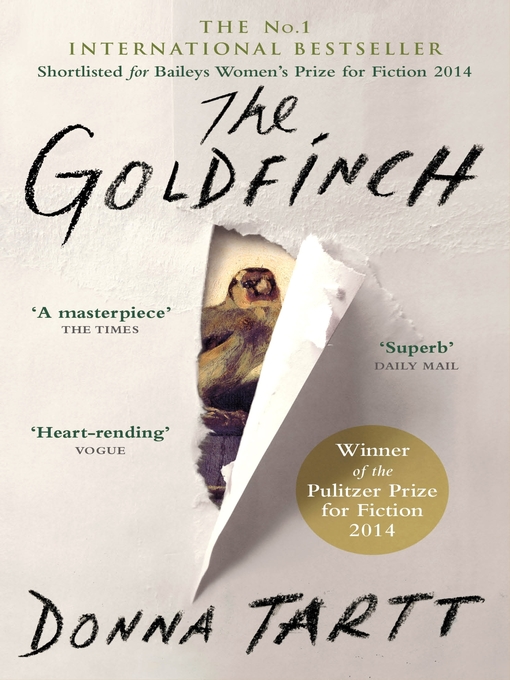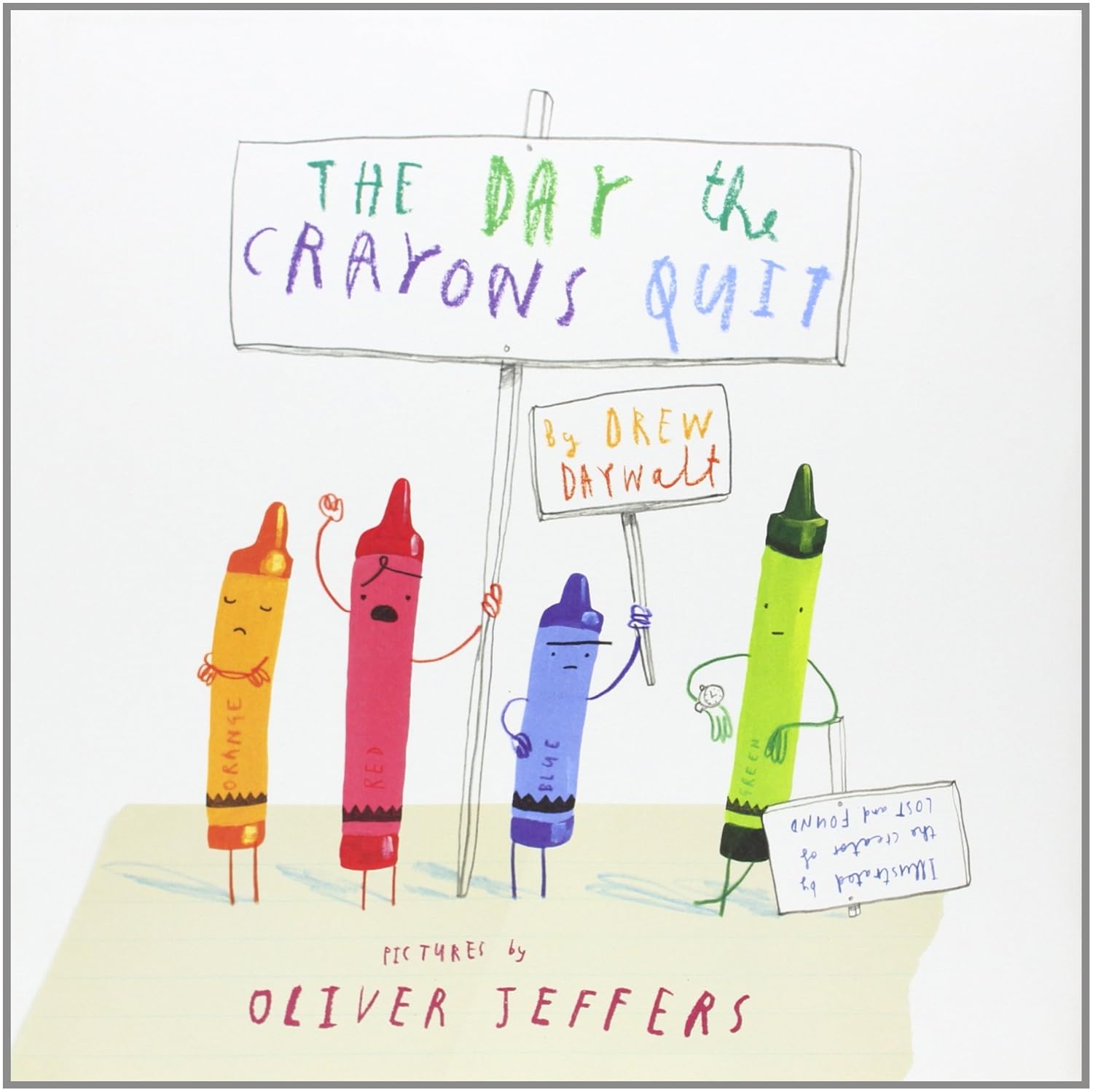 |
| Photo stolen from http://www.bookbuzz.org.uk /about-us/how-we-choose-the-books/ |
The aim of BookBuzz is to encourage reading for pleasure amongst year 7 pupils by giving them the opportunity to choose a book to keep from a selection of 12. Now which 12
should they have the chance to choose from? During the selection process, one of our main priorities was to provide choice. The 12 books had to represent the amazing diversity and sheer variety that is currently written and published for the Middle Grade reader, and each decision came down to the breadth of appeal for each book. We wanted to include a good mixture of genres, a mixture of fiction, poetry and non fiction and include titles of varying lengths and difficulty.
I really believe that each of the 12 titles has a huge appeal to a variety of readers, and I would have absolutely no reservations about placing each and every one of them into the hands of any pupil. Completely unintentionally, we seem to have chosen a lot of first time writers in this list, so it's nice to be spreading the word about exciting new authors! The full list of titles for 2014 are:
 |
| The Books in all their collective glory! |
Tiger Wars by Steve Backshall (Orion Children's Books)
Stories of WW1 edited by Tony Bradman (Orchard Books)
The Great Ice-Cream Heist by Elen Caldecott (Bloomsbury)
Ruby Redfort: Look Into My Eyes by Lauren Child (HarperCollins Children's Books)
Whale Boy by Nicola Davies (Random House Children's Publishing)
A Laureate's Choice: 101 Poems for Children chosen by Carol Ann Duffy (Macmillan Children's Books)
Extra Time by Morris Gleitzman (Penguin Children's)
Wild Boy by Rob Lloyd-Jones (Walker Books)
Ghost Stadium by Tom Palmer (Barrington Stoke)
Geek Girl by Holly Smale (HarperCollins Children's Books)
Operation Ouch! My Brilliant Body by Dr Chris and Dr Xand van Tulleken (Little, Brown)
A Boy Called Hope by Lara Williamson (Usborne Publishing)
...and the accessible titles are :
Boffin Boy Goes to Hollywood by David Orme and Peter Richardson (Ransom Publishing)
Super Animals by Anne Rooney (Franklin Watts)
Winnie's Dinosaur Day by Valerie Thomas and Korky Paul (Oxford University Press)
Croc and Bird by Alexis Deacon (Random House Children's Publishing)
Off to the Park! illustrated by Stephen Cheetham (Child's Play)
The BookBuzz selection process was an absolute joy to be part of. It was a pleasure to meet with such nice, enthusiastic professionals and discuss some brilliant books. Also, to be given a chance to share the joy and benefit of reading with thousands of 11-12 year olds all over the country is a real privilege. I can't wait to meet September's new starters and see what they think to these incredible books.
Schools wishing to register for the BookBuzz scheme (and I do very much recommend it) have until July 28th to register. Registration information can be found here on the BookBuzz website. It's such a worthwhile programme and the pupils really do enjoy it and benefit hugely- plus it's fun to run and it helps settle year 7s in to their new school and break the ice.
The books that I reviewed as part of the process can be found here- The BookBuzz Longlist














